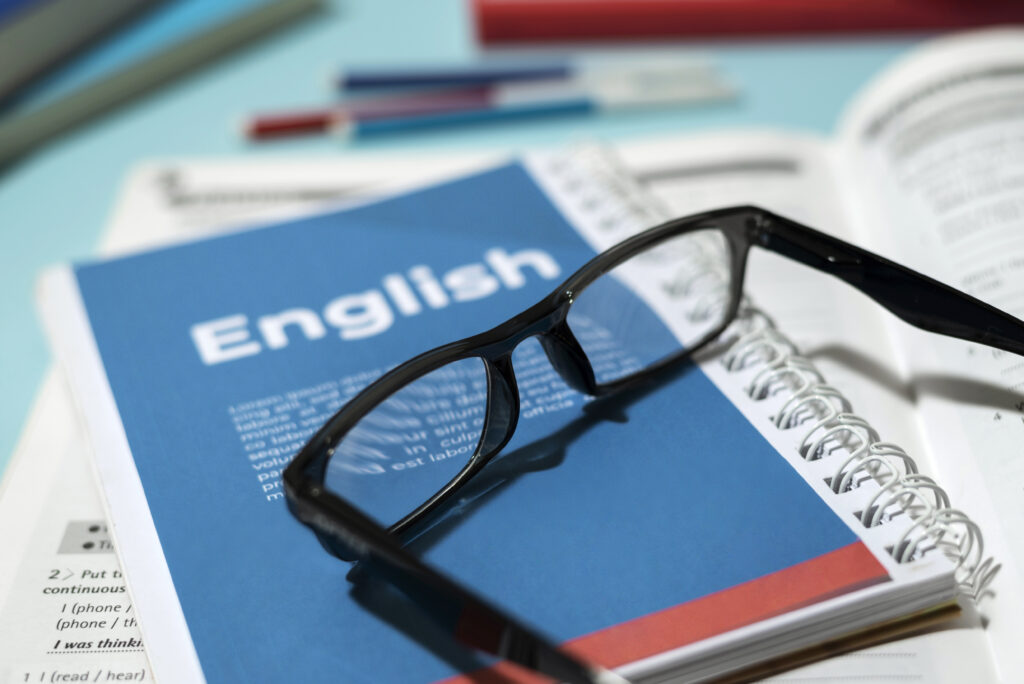Est. reading time: 4 minutes

Have you ever been in that situation where you’re randomly writing a sentence and all of a sudden you can’t seem to remember the right spelling of a word? Or maybe you’re typing and autocorrect changes the spelling of a word you once thought was right? It can be annoying. In this article, I’ll be walking you through a few mistakes we might make in the English language.
Common Misused Words and Their Right Usage.
Often, we may find that grammatical errors relating to words have to do with the wrong usage of homophones. Homophones are words that sound alike but have different spellings or meanings. Although not all are homophones, the examples below include words that we often misuse.
1. Advice and Advise
The word “advice” is a noun that refers to an information or opinion given or received. “Advise,” on the other hand, is a verb that refers to the action of giving an opinion or information. Examples include
- She advised me to quit smoking and drinking. (Right)
- The school adviced him to withdraw. (Wrong)
- She gave us bad advise on how to tackle the hurdle. (Wrong)
- The advice they gave him turned out to be his undoing. (Right)
2. I’m and Am
The wrong use of “I’m” and “Am” is one that we see more frequently now. “I’m” is the short form or contraction of “I am”. The pronoun “I” and the verb “am” are combined to say something about yourself. It is grammatically incorrect to start sentences with “Am”. Examples include
- I am washing the dishes. (Right).
- I’m washing the dishes. (Right).
- Am washing the dishes. (Wrong).
3. It’s and Its
“It’s” is the short form or contraction of “It is” or “It has”. “Its”, on the other hand, is a possessive pronoun like him or her that is used for inanimate objects and can also be used to show ownership. Examples include
- The package arrived this morning but its wrapper had been ripped at the side. (Right)
- Its time to go. (Wrong).
- It’s going to be a good day, or it is going to be a good day. (Right)
- The dog wagged its tail at the delivery man. (Right)
4. Farther and Further
Though both words refer to distance, farther refers to physical distance, while further refers to a figurative distance or is used to refer to the extent of something. Examples include
- The director explained further that not shutting down the left wing of the school could cause injuries to the students. (Right)
- The students decided that the teacher would need to explain farther for them to understand the topic. (Wrong).
- The sports teacher made the boys run farther down the road as punishment. (Right)
5. You’re and Your
“You’re” is the short form or contraction of “You are”. “Your” is a possessive adjective. Examples include
- You’re going down the wrong path. (Right)
- The manager does not like that your being lackadaisical with work. (Wrong)
- Your dog broke into my house. (Right)
6. Affect and Effect
The verb “affect” means to influence a change. The noun “effect” means the result of a change. The word “effect” can also be used as a verb,which means to provoke a change. Examples include
- The study showed that noise affects the level of comprehension in children. (Right)
- The new law had a negative effect on the community. (Right)
- She hoped to effect a change in her friend’s life. (Right)
7. To and Too
“To” can be used as a preposition to indicate direction or purpose. “Too” is an adverb that means excessively. Examples include
- Sewa is too blunt. (Right)
- The pot can be used too cook for large numbers of people. (Wrong)
- Sewa went to the airport. (Right)
8. They’re, Their and There
“They’re” is the short form or contraction of “They are”. “Their” is a possessive pronoun like her, which means something belonging to a group of people. “There” is used to refer to a location or introduce a sentence. Examples include
- They’re travelling back to town tomorrow. (Right)
- Their house got robbed last week. (Right)
- There are nine cats living in the pink house across the street. (Right)
9. Compliment and Complement
“Compliment” refers to giving praise or saying something that shows admiration. “Complement” refers to something that perfects or completes something. Examples include
- Compliments of the season. (Right)
- The necklace complements the dress. (Right)
- Kunmi complemented my cooking. (Wrong)
10. Breathe and Breath
The verb “breathe” means to inhale and exhale air. The noun “breath” refers to the air being inhaled and exhaled. Examples include
- Whenever she has a panic attack, Rola finds it hard to breathe. (Right)
- He took a deep breath as the match began. (Right)
11. Aisle and Isle
“Aisle” refers to a walkway between rows of seats, while “Isle” refers to an island. Examples include
- Her father was not available to walk her down the aisle. (Right)
- Joshua told everyone that his mother owns an isle. (Right)
12. Cite and Site
The verb “cite” means to refer to something. The noun “site” refers to location. Examples include
- His father works at a construction site. (Right)
- She cited Wole Soyinka in her essay. (Right)
13. Peak and Peek
The noun “peak” refers to the top of something. The verb “peek” means to take a look or glance at something. Examples include
- Dara reached the peak of the mountain. (Right)
- The little boy peeked at the cake with excitement. (Right)
Misspelt words and their correct spellings.
The second aspect we would be looking at concerns words that we might spell wrongly and the right ways to spell them. Examples of this are shown below:
Correct Spelling. |
Wrong Spelling. |
| Committee | Comittee, Commitee |
| Misspell | Mispell |
| Beginning | Begining |
| Success | Sucess |
| Remember | Remeber |
| Possession | Posession |
| Recognize | Recongize |
| Curiosity | Curiousity |
| Achieve | Acheive |
| Accommodate | Accomodate |
| Receive | Recieve |
| Mischievous | Mischievious |
| Necessary | Neccessary |
| Knowledge | Knowlege |
| Privilege | Priviledge |
| Colleague | Collegue |
| Maneuver | Manuever |
| Separate | Seperate |
| Absence | Absense |
Conclusion
Making mistakes in English while speaking or writing is normal but quite embarrassing. I hope this article has helped to correct the mistakes you might make in the English language. Make sure to check back for other educational and corrective articles on our blog.

